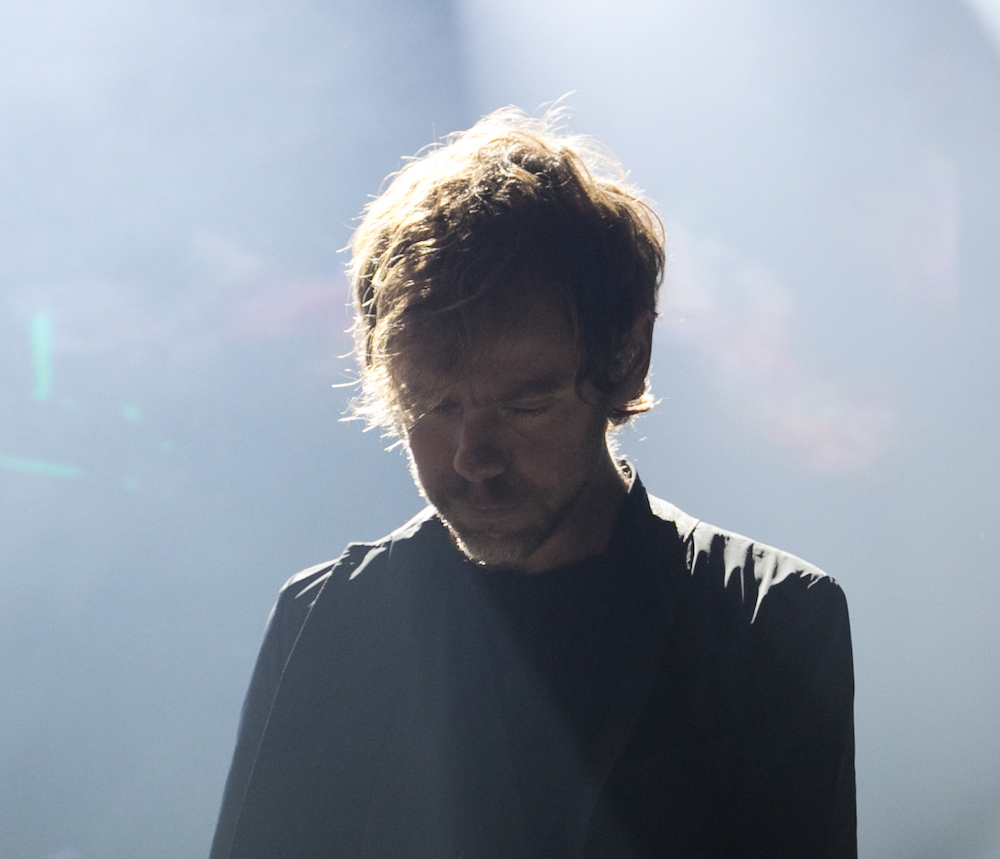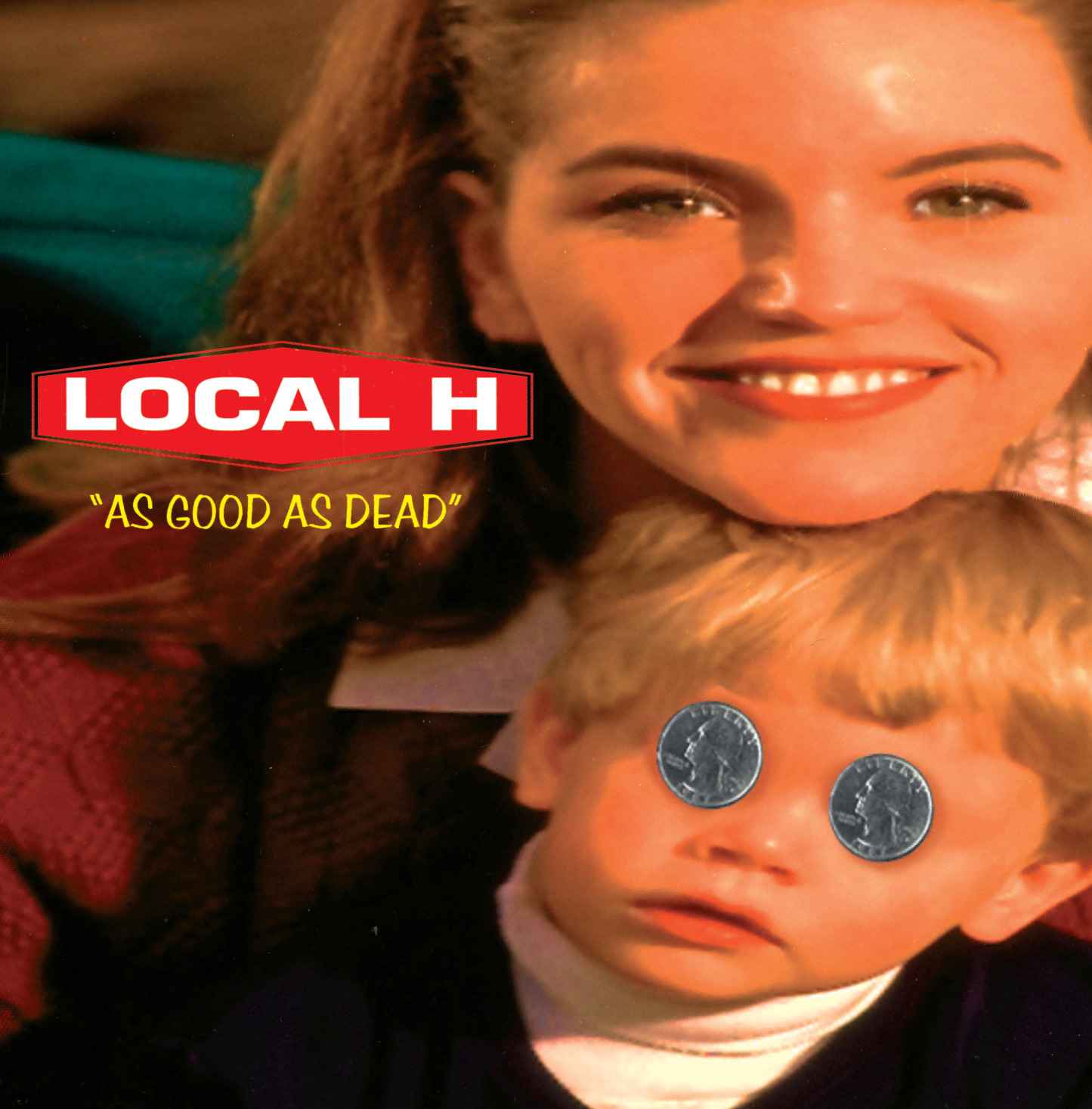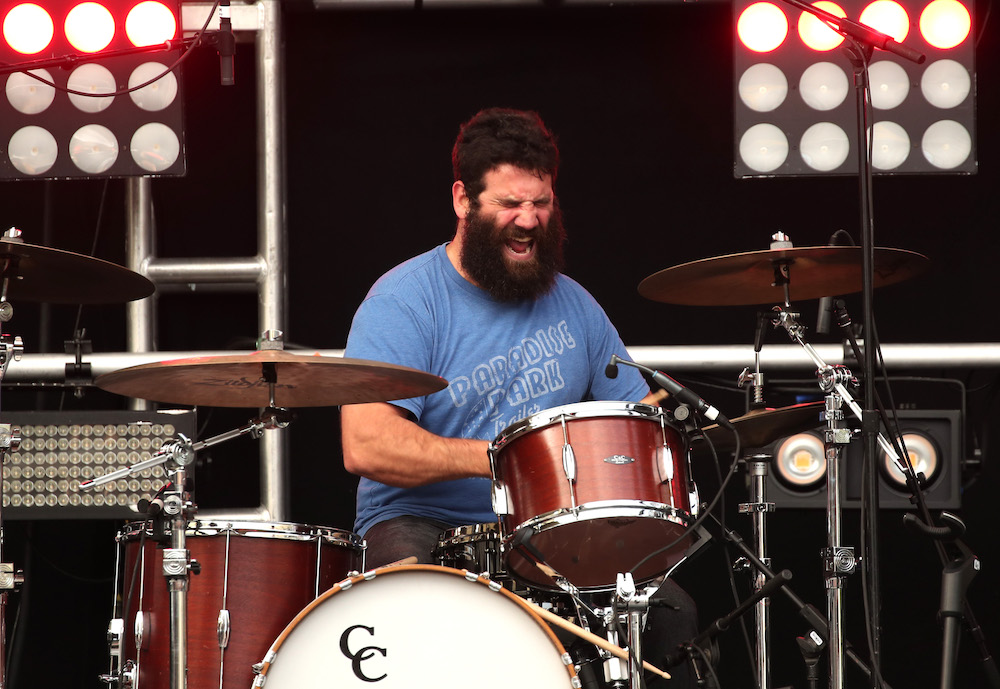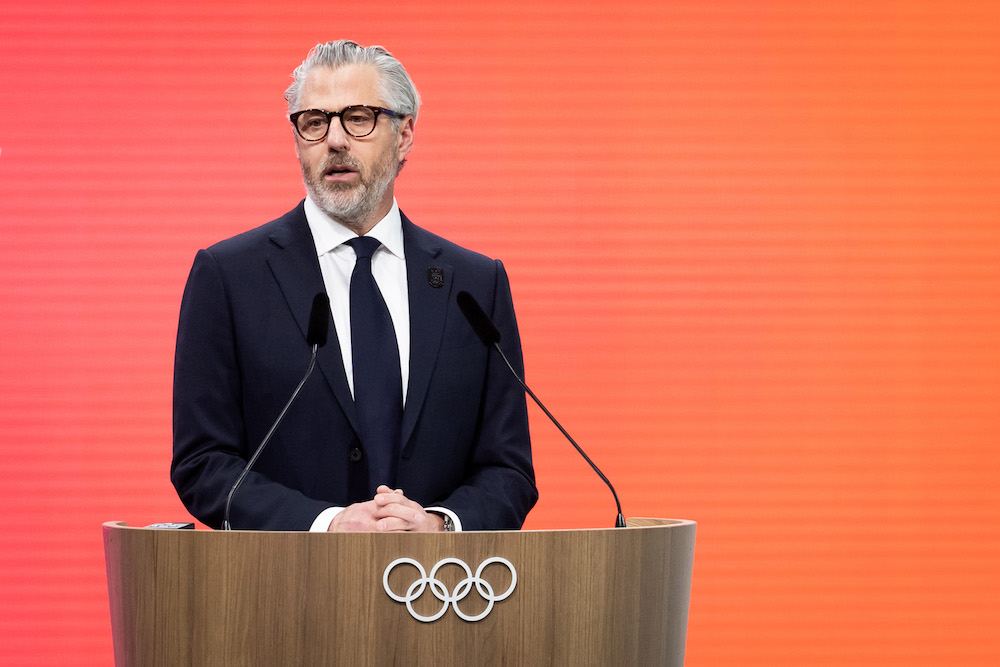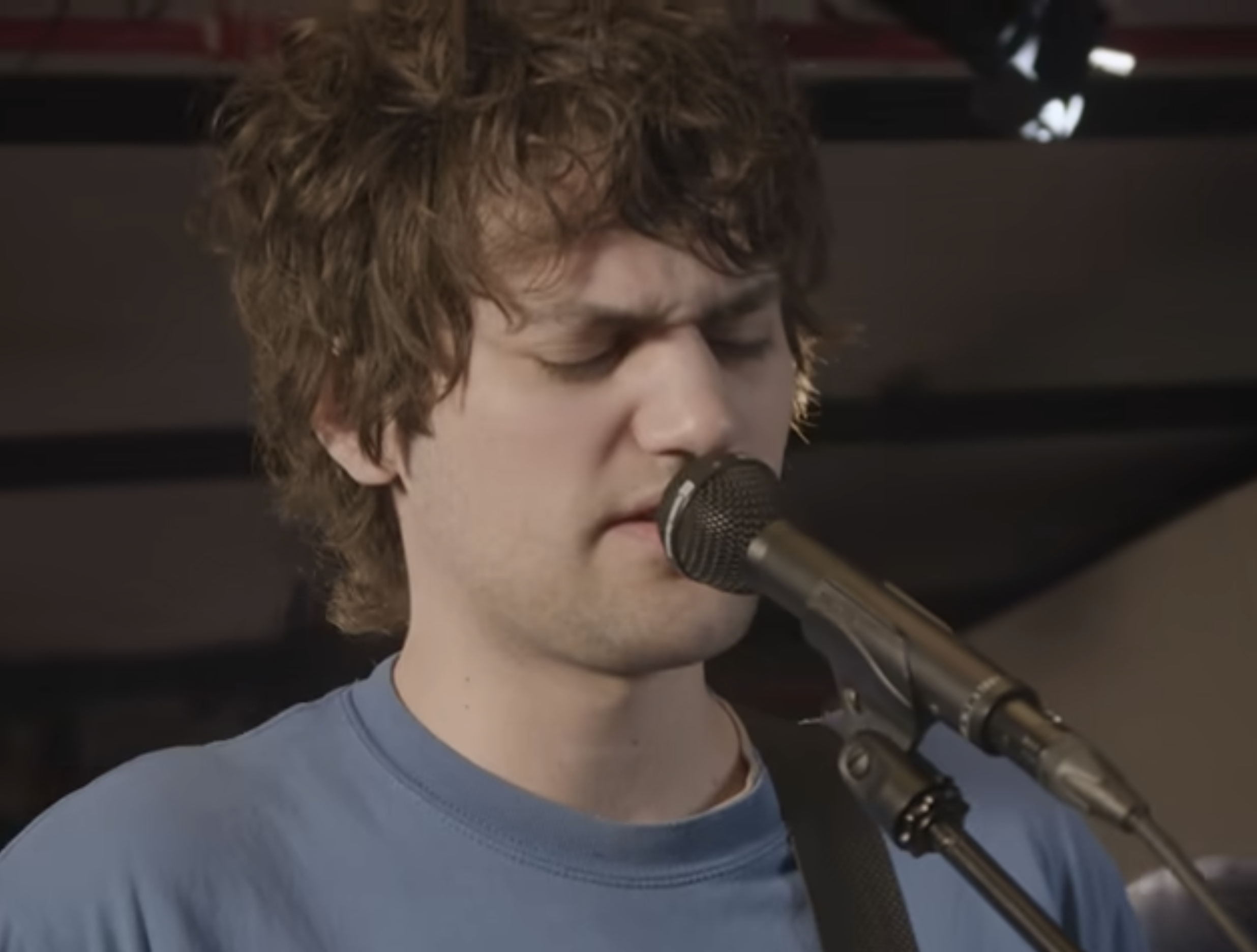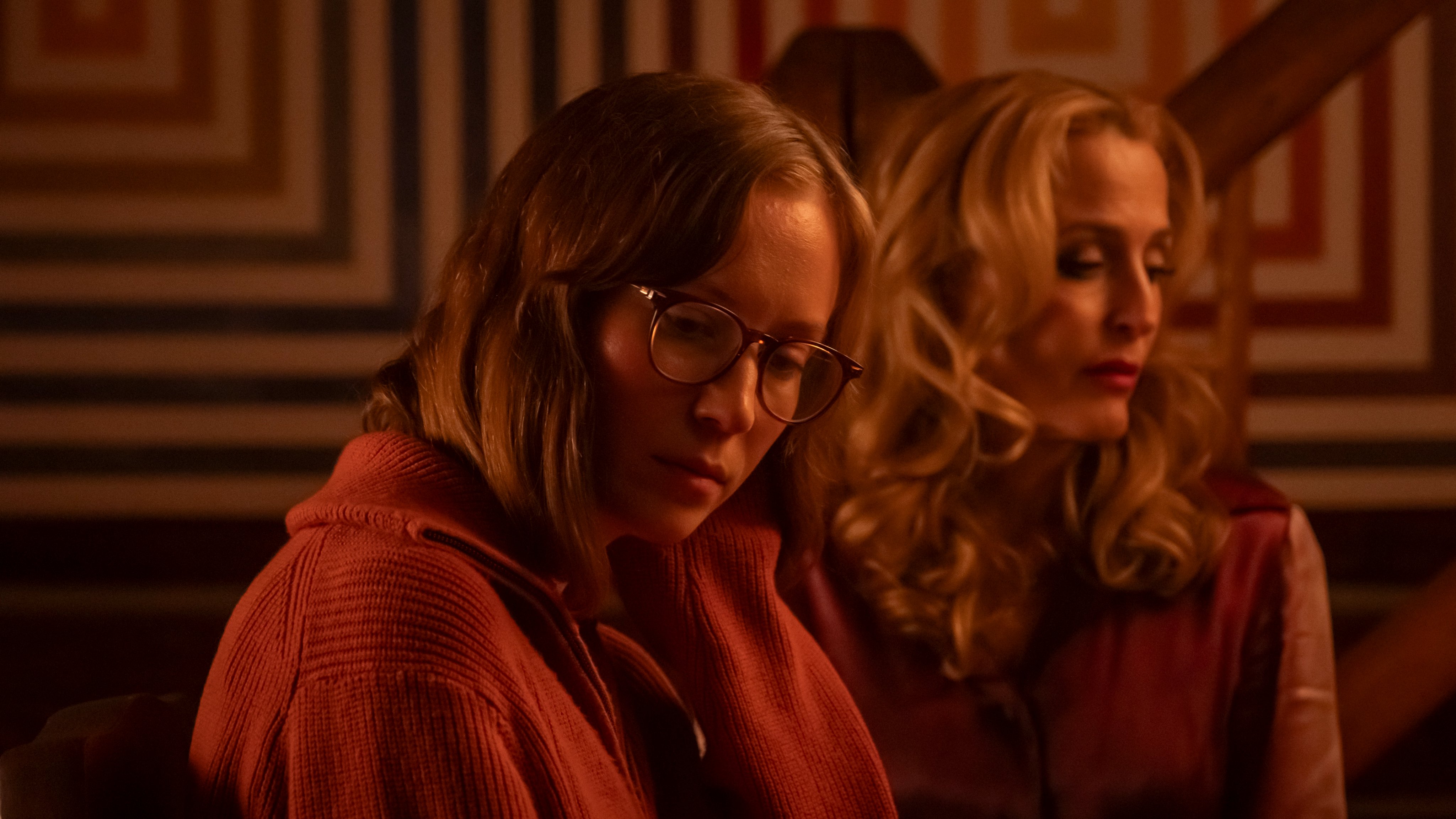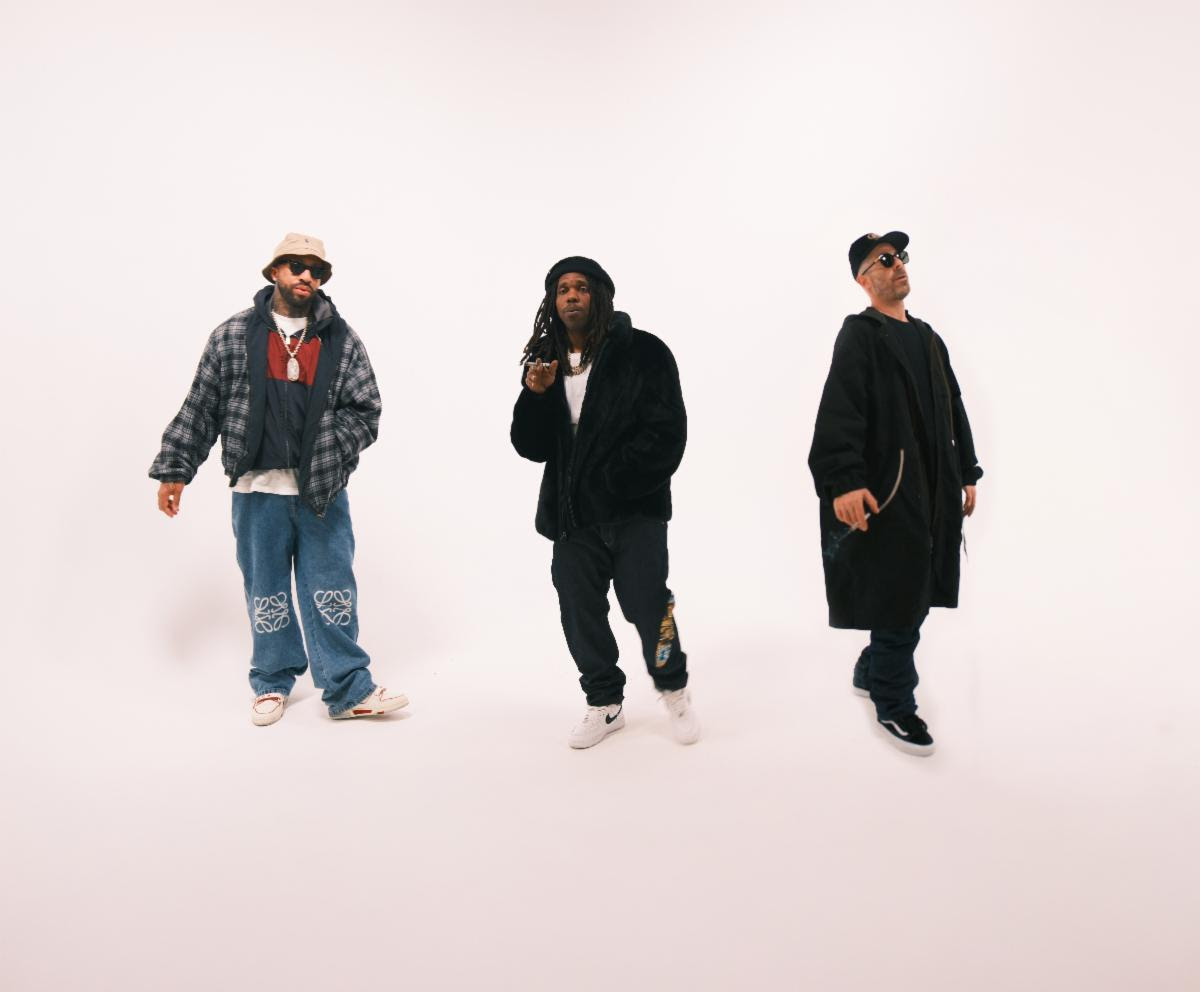This morning, Taylor Swift released her new album folklore, an LP that she announced less than 24 hours before it was out in the world. Swift recorded the album in quarantine, and spent months working on it, but she and her collaborators managed to keep it secret the entire time -- an especially impressive feat when you consider that most of Swift's collaborators don't come from the world of big-money pop music where things like secrecy are important. The National's Aaron Dessner produced and co-write much of folklore, and he managed to keep the album a secret even from the people in his own family.
Yesterday, after Swift announced the album, Dessner put out a statement about how he'd come to work on it. Today, with the album out in the world, Dessner has sat for an interview with Apple Music's Zane Lowe, and he's talked a bit about the making of the album. Dessner has an eight-year-old daughter, and in order to keep folklore from becoming a third-grade Zoom-class rumor, Dessner did the responsible thing. He lied to his kid. Here's what Dessner tells Lowe:
I was so glad that we kept it because I didn't want to be the one that spilled the beans... I have a eight-year-old daughter, and one day she asked me. She's just like, "Daddy, do you know Taylor Swift?" It was the morning after we'd written one of these songs. And every time we would write a song, it was like a weird lightning bolt, getting this struck by lightning or something, just exhilarated with electricity. I just looked her straight in the eye and said, "No." I honored my confidentiality.
Dessner also discussed recruiting Bon Iver's Justin Vernon to sing the duet "exile" with Swift:
She sent me a voice memo of the song, and she conceived of it as a duet. She sang me the female and the male parts and was sort of tapping out the piano ideas. I kind of interpreted that and made a foundation for the song. We talked a lot about like who could join her on the song and who would be the right person. She sang in both parts to give a guide... Taylor is a big fan of Justin. He's, like, her favorite vocalist. Obviously, he's one of my best friends and very close collaborator, with Big Red Machine and everything over the years.
I wasn't sure. I don't like to ask. I didn't want to put pressure on him. So I asked. I just sort of said, "I'm already expecting you might say no, and no pressure." But he thinks she's totally amazing. And then he also was in love with the song. So we sent it to him, and then he wrote his own moments into the song, that important moment in the bridge of the song, and also changed a few things. It was just a really great back and forth. Taylor re-sang stuff after Justin sang. It was the kind of thing that could just happen among close friends, in a way...
Justin sings part of it in his lower register, which is this really rich, beautiful baritone. It's a really, really beautiful dialogue of a song, and it really made sense. I try not to ever pressure on him to do anything, but I could tell it was a great moment for him to do it.
Dessner also spoke about how he approached the challenge of working with someone as huge as Swift, someone who'd never really recorded music like this before:
The only thing she said to me initially was that she didn't want me to worry about anything that she'd done before and that I should just be myself -- just inhabit the emotional space that you're feeling or your musical and emotional space. And so I really didn't endeavor to become Max Martin or whoever. I was just sort of being myself. And so was she. I think she's incredibly versatile, obviously. A lot of these songs, they sound to me as though she could have been doing this all along in her career, this kind of sound or something. It's not at all unnatural. In fact, it sounds incredible.
This is all complete. It's finished. It feels produced, but I think it will feel fairly organic or raw compared to past things. At some point, Taylor did articulate her vision for folklore. Other songs came after that. I was very inspired by her and what she'd been writing, and then I wrote more music, and she responded to that. We just started to push ahead...
She's just an absolutely brilliant artist. Allowing her to flourish like that, there was no pressure. She wasn't trying to make something for anyone else except for herself in this time. I don't think even her label knew. We were just working. That's maybe the liberating. When you put something in the pipeline of the music industry and it takes months of prep -- not to take anything away from that because it's important, especially if you're coming up and you don't have an audience. But once you do, I think it's nice to play around the form of it.
The world is a different place right now, and nobody really knows. All the rules are being rewritten. Live music is not happening. And in a way, it's nice to make something and just put it out because people are stuck at home and being able to hear something. This will be a really positive gift for her fans.
If you've got Apple Music, you can hear the interview here. Read our recent interview with Dessner here.
